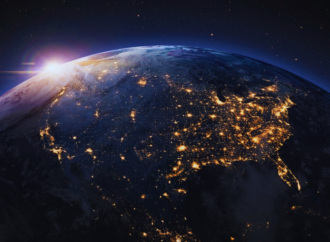Most Read from past 24 hours
Beyond the Box Score: The Stats That Really Matter in Youth Baseball
- Culture, Education, Entertainment, Featured, Uncategorized
- July 1, 2025

Screens are so pervasive in society that we tend to think of them as inevitable. They have become extensions of our bodies. We might think that technology in itself is neutral and is only good or bad depending on how one uses it. Catherine L’Ecuyer, a doctor in education and psychology, disagrees. L’Ecuyer is Canadian
READ MORE
The news cycle moves so quickly these days that we can forget to dwell on major events. But tyranny thrives on a short attention span. Just a couple of years ago, we witnessed government dictates turn the entire world into a highly regimented military encampment. A Military Response: The Role of the National Security Council
READ MORE
In education, there is a tradition of separating reason from emotions. We learn best, the conventional wisdom goes, when able to rationally consider information in a dispassionate manner. Emotions cause us to become impulsive and make rash judgments. When we try to acquire knowledge while in an emotional state, we allow biases to infect our
READ MORE
In 2020, a dangerous pathogen swept the globe. The pandemic required government action, we were told, but the government of one nation was not enough. Even powerful governments (like that of the United States) worked with other governments to keep pandemic measures from being futile. In order to avoid a fatal lack of coordination, some
READ MORE



